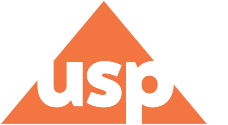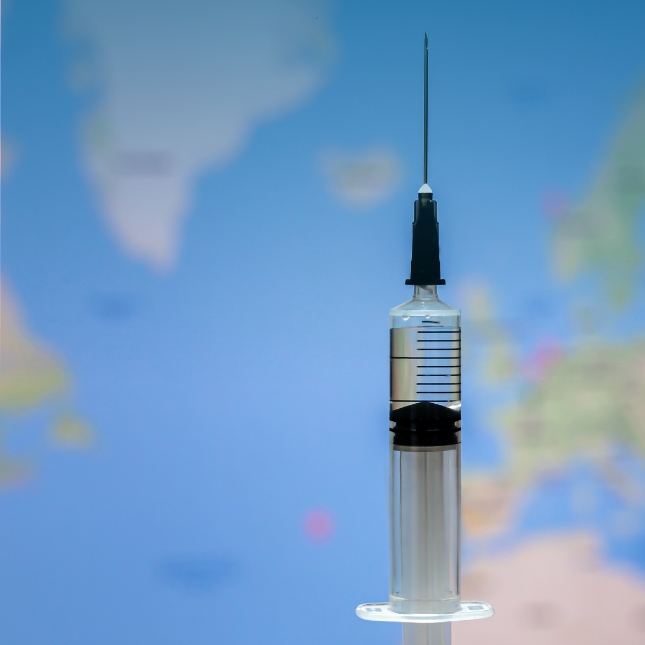PQM+ works in more than 25 countries across Africa, Asia, and Latin America.
Africa
Benin | Burkina Faso | Democratic Republic of Congo | Eswatini | Ethiopia | Ghana | Guinea | Kenya | Lesotho | Liberia | Madagascar | Malawi | Mali | Mozambique | Nigeria | Rwanda | Senegal | South Africa
Asia
Bangladesh | Burma | Kazakhstan | Nepal | Pakistan | Tajikistan | Uzbekistan








